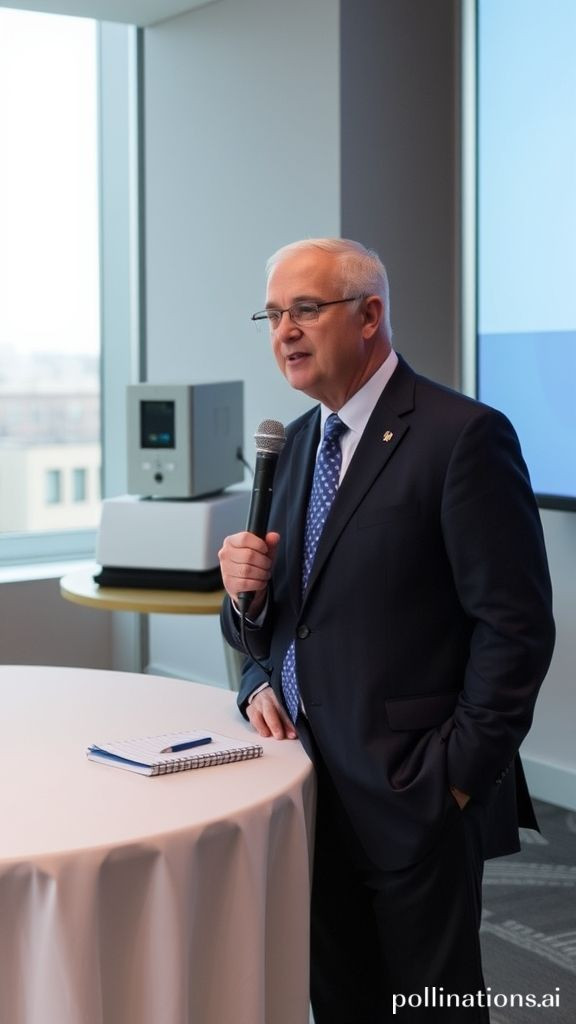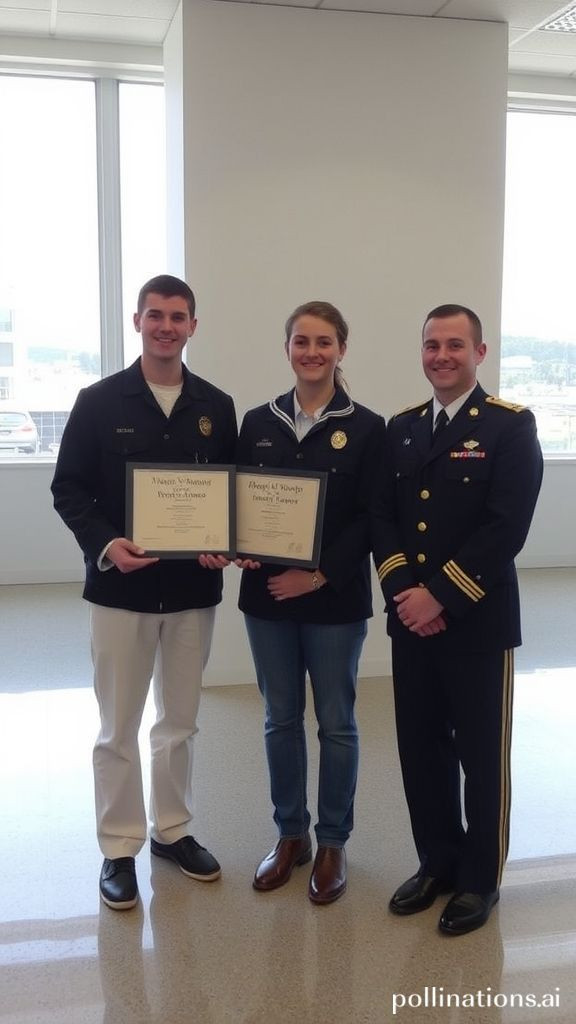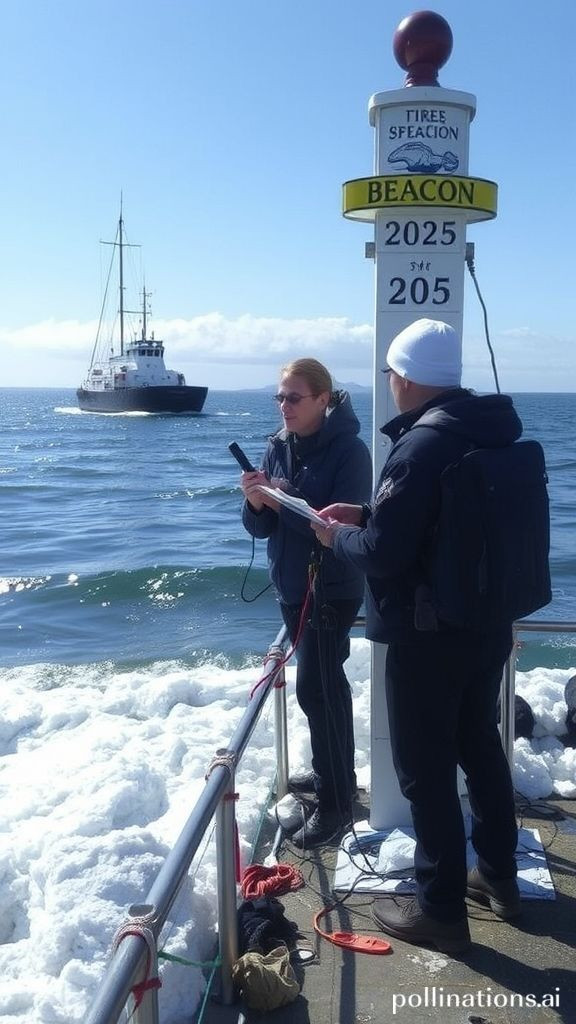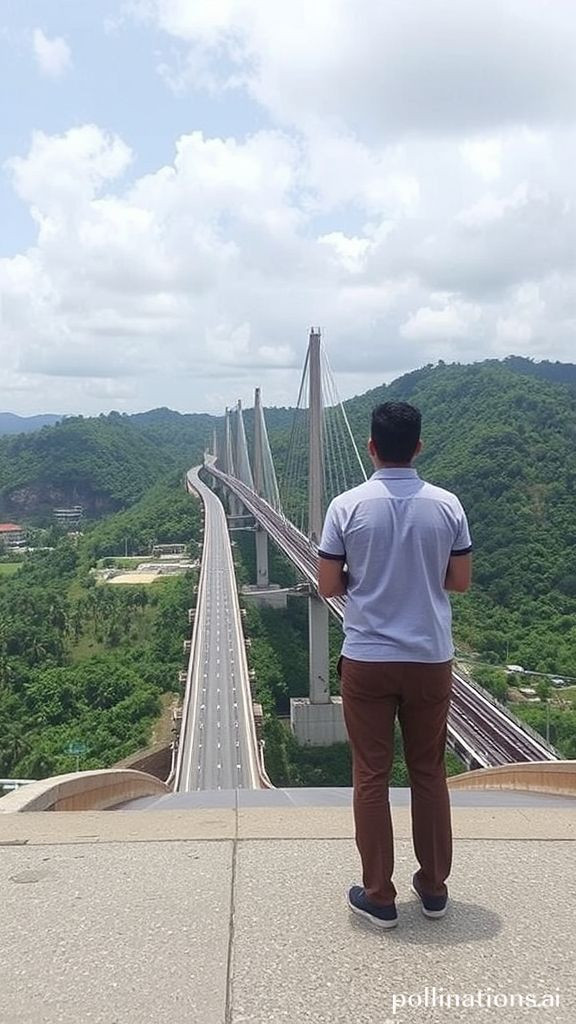
ICC crimes against humanity case Why prosecutors are fighting Duterte's temporary release
ICC crimes against humanity case Why prosecutors are fighting Duterte's temporary release
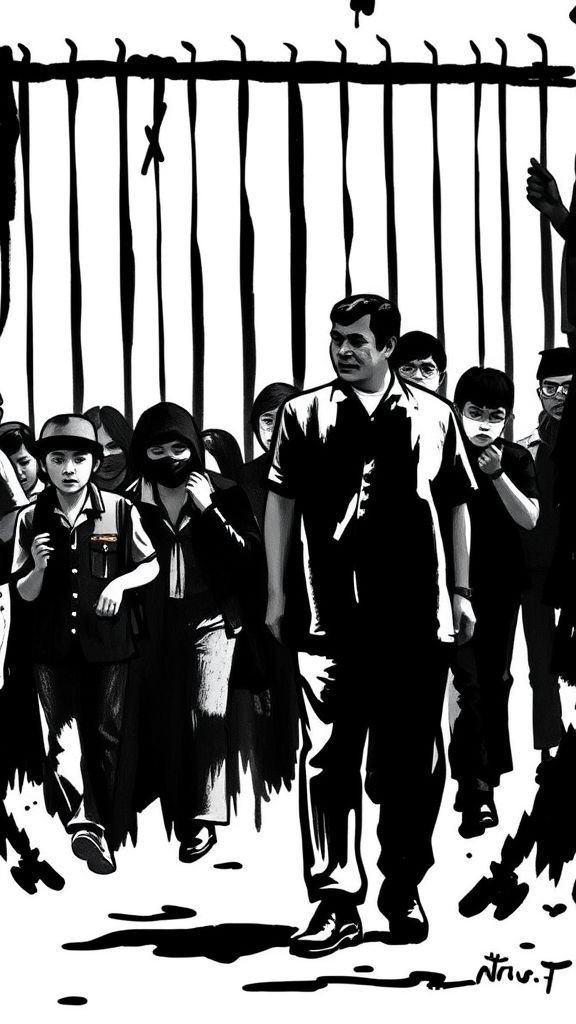
Justice Delayed The ICC's Dilemma in the Duterte Case
The International Criminal Court's (ICC) deliberation on the fate of former President Rodrigo Duterte, accused of crimes against humanity for thousands of killings during his administration's anti-drug campaign, has been met with anticipation and urgency. However, a closer examination reveals a complex web of legal maneuvering, procedural delays, and moral dilemmas that will test the very fabric of international justice.
The Background A Complicated Case
On June 19, 2025, Rodrigo Duterte was arrested and detained by the ICC for his alleged crimes against humanity. The arrest followed a lengthy investigation into the extrajudicial killings that took place during his presidency, from 2016 to 2022.
As the pre-trial phase begins, both the prosecution and defense have submitted their arguments regarding Duterte's continued detention. The prosecution, led by Deputy Prosecutor Mame Mandiaye Niang, has asked Pre-Trial Chamber I to reject Duterte's latest bid for interim release, citing concerns over flight risk, obstruction of proceedings, and potential further crimes.
The Office of Public Counsel for Victims (OPCV), represented by Principal Counsel Paolina Massidda, has also filed a response rejecting Duterte's request. In doing so, they highlight the need to safeguard judicial proceedings and ensure that justice is served.
The Defense's Arguments
At the heart of the debate lies the defense's argument for temporary release. They contend that Duterte's continued detention is unnecessary, given his willingness to cooperate with investigators and the fact that he has not demonstrated any change in circumstances or unforeseen developments that would justify his release.
However, the prosecution argues that this request is merely a ploy to delay the proceedings. They point out that Duterte has already instructed his lawyers to challenge the court's jurisdiction, seek the disqualification of two judges, and negotiate potential release conditions – actions that contradict claims about his capacity being impaired since the outset.
The Moral Implications
As we navigate this complex web of legal maneuvering, it is essential to consider the moral implications of each party's actions. The prosecution's concerns over flight risk, obstruction of proceedings, and potential further crimes are not unfounded. On the other hand, the defense's push for temporary release raises questions about the fairness of prolonging Duterte's detention without sufficient justification.
In this context, it becomes clear that the ICC's decision will have far-reaching consequences for international justice. A failure to address these concerns could lead to a perception of bias or preferential treatment, ultimately undermining the court's credibility and legitimacy.
Key Takeaways
As we reflect on the ICC's dilemma in the Duterte case, several key takeaways emerge
1. Justice delayed is not necessarily justice denied While the prosecution's concerns about flight risk and obstruction are valid, it is crucial to balance these concerns with the need for a fair and timely trial.
2. The moral implications of each party's actions must be considered The defense's push for temporary release raises questions about fairness and the potential consequences for international justice.
3. International cooperation is essential The ICC's ability to hold perpetrators accountable relies on cooperation from member states and other stakeholders.
In conclusion, as we navigate the complexities of international justice, it is crucial to remain vigilant and ensure that the pursuit of justice is not compromised by procedural delays or moral dilemmas. A balanced approach that considers the concerns of both parties will be essential in upholding the integrity of the ICC's proceedings.
